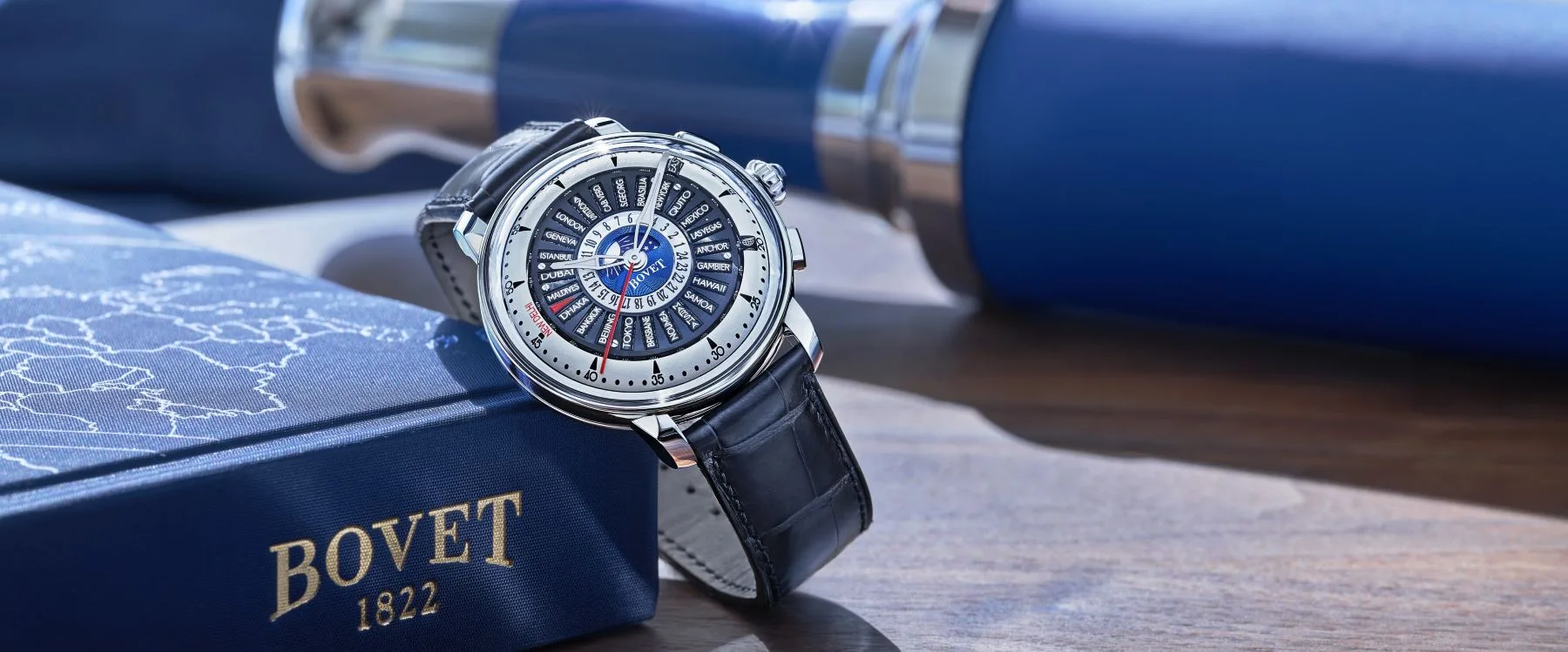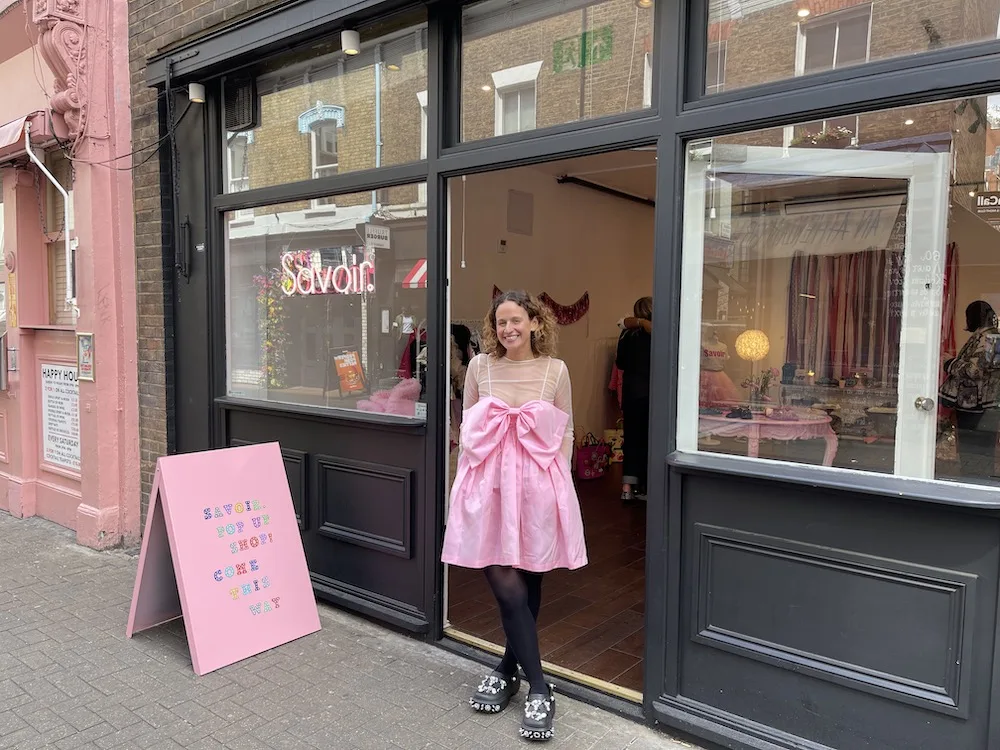Ferocious determination to succeed
Sophie suffered serious health problems at birth, which included cerebral palsy and a heart attack. At six years of age, she started to ride for rehabilitation reasons. The youngest British competitor ever at Paralympics games, Sophie first took part in the 2004 Summer Paralympics, and came home with a fourth and a bronze; she was named BBC London Disabled Athlete of the Year.
By 2016, she had four successful Paralympics under her belt and had become Britain’s first triple gold medallist at the Paralympic games. She was appointed MBE in the 2009 New Year Honours for services to disabled sport and OBE in the 2013 New Year Honours for services to equestrianism; in 2017 she was appointed CBE for services to para-equestrian. In 2015 Christiansen won a ‘Women of the Future Award’. It was the first year that a sports category was included and the judges picked out Sophie for her ‘ferocious determination to succeed’.
When she is not winning medals somewhere, Sophie works as a statistical analyst in the technology department at investment bank Goldman Sachs and has a first class Masters degree in mathematics. Dressage rider and trainer Linnea Aarflot paid Sophie a visit to catch up with this magnificent young woman.
L: How come you choose horse riding as your form of rehabilitation or physiotherapy?
S: I started riding when I was 6, to help with my disabilities. I fell totally in love with riding. It was either riding or doing boring physio in the gym to help me balance so the choice was obvious. My coordination isn’t the best and when you ride you really have to do this, to balance your body. When I ride I have to improve balance without having to focus on it. I can focus on the horse instead; that’s much more fun!
I don’t think I would’ve got in contact with horses at all otherwise as I don’t come from a horsey home. My mom is even allergic to them! Horses are really amazing animals; they have a very strong intuition so they know what I want and what I mean even if my body isn’t always doing it right. They seem to want to look after me. The horse I rode for the London Olympics used to be a cheeky monkey with other riders, but with me he always looked after me.
He knew I don’t have as much strength as an able body rider. An able body rider would push him, but with me he would just do it because he wanted to. I love him. I think every horse wants to perform, but not every horse will cope with the sport an able rider want to do.
L: You are an inspiration with your determination, proving nothing can stop you. Where do you think that determination comes from?
S: I think it helped when it got more public to compete as a para-rider. When I saw Thompson competing in the 2000 Paralympics I decided I wanted to do that. I was always rubbish at the other sports because I competed with able body riders. So when I saw the para-riders I felt I could actually be competitive, and decided I wanted to do it. And always when someone says I can’t do something, I decide I really want to do it. Also, every day is a battle with a disability so you sort of get used to being a fighter all the time.
L: What has been the hardest obstacle in your career so far?
S: The build up to a Games is the toughest. And I always find every new Games harder. But I think when it gets tough it makes you work even harder.
L: What has been the top highlight or your sport career so far?
S: Winning Gold at London. It was just amazing to be at the home Games, in front of thousands of people and on my favourite horse.
L: One could say you have already achieved the impossible. Do you have any new goals? Or what current goal or project excites you the most?
S: My next aim is Tokyo. I had a break after Rio and was really thinking about what I wanted to do. Last year was challenging for me. I could be earning more money if I worked at Goldman so I needed to make sure that going for another Olympic Games was the right decision. But I’m an athlete. I like the highs and lows, so I decided I wanted to continue. However, I changed the team. Next year is the World Equestrian Games and I’ll bring Harry which will give him good experience ahead of Tokyo. I also really want to find sponsors who will make competing a bit easier and less of a sacrifice.
…you have highs and lows, but it’s all about the fun. Because if it’s not fun then why would you do it?
L: Do you train your body outside of the horse riding?
S: I think that is really important; especially with my disability. So the fitter I am the longer I can ride for so I go to the gym regularly and do a lot of core work. Because that’s how you direct the horse. I love cycling as well, just outside. I have a three wheel bike so I can do it.
L: What do you take with you from 4 successful Paralympics?
S: All the way through you have highs and lows, but it’s all about the fun. Because if it’s not fun then why would you do it? If you want to win gold, it is going to be tough so always remember why you started.
L: Leadership is a great topic in equestrianism. How do you practice being a great leader for those big animals?
S: I had a spooky horse so anything she didn’t really know she would spook at, so I had to be confident for her knowing what I wanted. That way she knew I was there for her. Then she started to listen. I’m now also leading my team, I have a massive support team around me. My carer, coach, home yard manager, farrier… it takes a village and team work! And I think they need to feel I’m confident and that I know what I want.
L: How do you set up your life in order to reach your goals? How do you choose team, horse, and routines?
S: After Rio, I didn’t have the right team around me. One member had been around always and thought they knew what was best. But it was wrong. That member hindered me from performing, so when we came back I was very stressed. I understood I had to change. It was really hard for me because I had been with these people and yard for a long time. But I new I had to bring the fun back! It’s so much pressure it has to be fun.
People think it’s just easy to go out and win, but it comes with a lot of pressure. I found a new team and a new horse. My new coach isn’t that experience but he has the ability to learn and soak in all info from others to help me improve. I know myself very well now; I just need someone who’s going to make it fun again and isn’t afraid to turn me off and kick me back up when I need it.
My new horse now really has a great walk, which I’m depending on, and a great temperament. A lot of horses get confident from their rider, but because I can’t always give them that he needs to have confident in himself.
L: Where do you find your inspiration? Do you have an idol?
Ever since I grew up it’s been Thompson. She was around when the Paralympics were totally unknown. She was the pioneer and made it more mainstream. She also went into politics which I admire a lot. She’s a great fighter for para rights. I’m quite outspoken about this. People think I’m all set and done because of my career, but I think there is so much more to improve for any disabled.
To be able to be employed makes me more normal than just being an athlete. I work 2 days a week. I’m an analyst in the Goldman non-tech department. It balances my life as a high profile athlete. When I go to work I’m just a regular employee and it takes the pressure off. I think you perform better without pressure getting to you too much.
L: What do you think is the reason for your continued success? How do you stay on top under all that pressure?
I think I’m able to take information from different people and work out a formula that works for me -my coach, mentor, carer, judges. I take a lot of guidance from different judges and turn all that into a guideline that suits me. And I think I have great self-awareness. I know when I need to pick myself up again, and I know when I perform at my peak.
Riding different horses keeps you focused. Every different Para I’ve had new horses so it makes it different every time, and that keeps me interested. I have to figure out what that individual horse needs. I think I’d be bored otherwise.
Psychology also works really well for me. Before the performance I split up my days in a detailed schedule. I work down to the last minute. So I focus on the next thing instead of the competition. The last thing I do is visualisation. 30 minutes before going out, I’m preparing in my head what I’ll be doing, down to every aid I’m giving the horse at what time in the test. Just before
I get on I get most nervous and to get around it I get my carer to tell me jokes. It works! I forget the nerves when I laugh.
Sophie Christiansen was interviewed by Linnea Aarflot, a Swedish dressage rider and trainer based in East Sussex, UK. As well as running her own dressage stable & competing professionally she also runs
the award-winning equestrian lifestyle blog THE EQUESTRIAN.
The-Equestrian.net @linneaaarflot

















Show Comments +